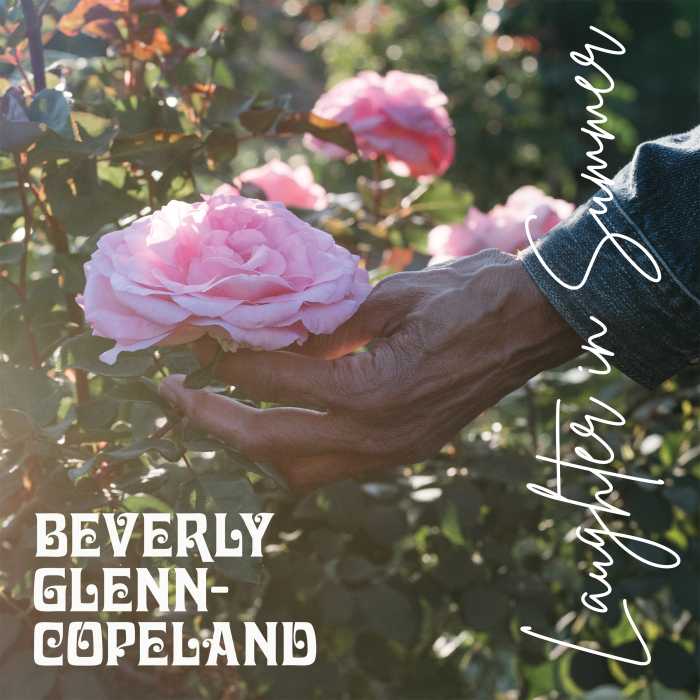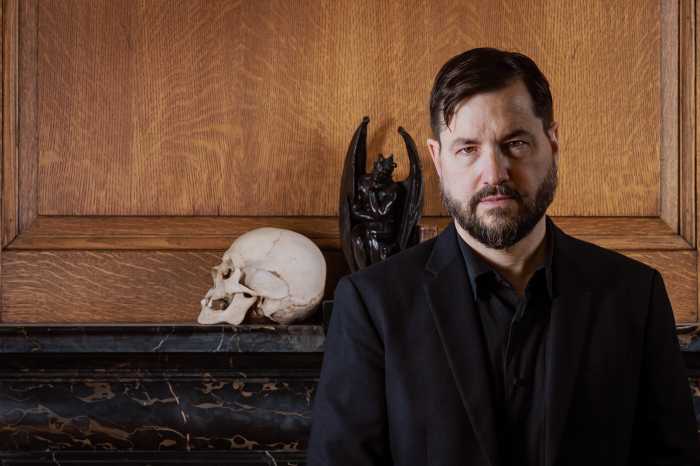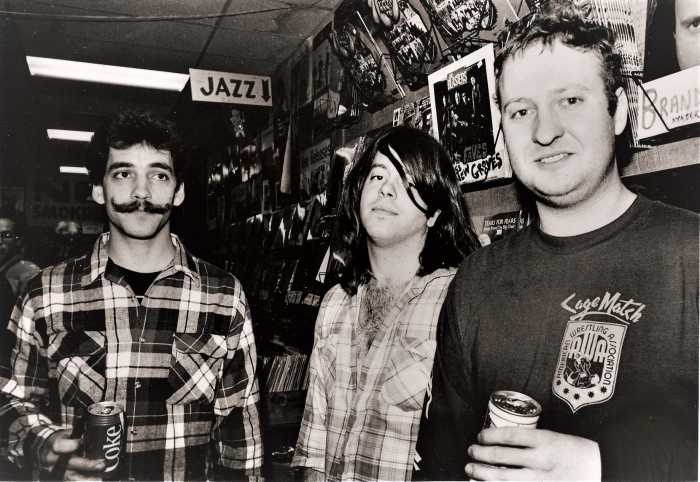Yves Tumor’s very identity is in constant flux. They started out as a chillwave artist in the early 2010s. They have also used the aliases Bekelé Berhanu, Yvesie, and Shanti to make deconstructed dance music. If Tumor began as an experimental noise artist, the queer, non-binary singer/ songwriter/ producer has evolved into a constantly mutating rock star in the vein of Bjork, Lady Gaga, David Bowie, and Prince. This move toward a more accessible but extremely eclectic sound began on their 2018 breakthrough “Safe In the Hands of Love.” There, Tumor alternated between songs like the terrifying “Hope In Suffering,” which felt like initiation music for a satanic cult, and “Licking an Orchid,” a mournful, grunge-influenced ballad which could’ve been a hit on ‘90s alternative rock radio.
“Safe in the Hands of Love” conveyed a coherent mood: looking for hope and protecting oneself in a vicious world. Ironically, the album’s most abrasive songs often conveyed its positive sentiments, while the pop /rock songs were cries of despair. On “Licking an Orchid,” guest James K sang “Recently I’ve been crying, crying/ There’s a pain deep inside, but I’m trying not to lose my only baby girl to a toxic world.”
“Noid” flipped a sample of Sylvia St. James’ disco song “Grace” into a club-ready bop about PTSD, police brutality, and the alienating reality of African-American life. Its production starts to come apart at the seams halfway through, reflecting the lyrics’ anxiety.
“Kerosene!,” the second single from their new album “Heaven to a Tortured Mind,” is a power ballad halfway between “Purple Rain” and “Sweet Child O’Mine.” But it doesn’t exactly sound like either of those songs, largely because it’s a duet between Tumor and Diane Gordon. She sings her heart out, taking R&B-inspired vocals to the verge of operatic drama. Heavy Mellow’s guitar solo might sound cheesy at first, since it draws so much on hair metal, but it too brings out raw emotion.
Seemingly a love song between Tumor and Gordon, “Kerosene!” works on multiple levels. For an artist who has tried as hard as Tumor to remain mysterious, singing, “I can be anything you need… I can be your fantasy” feels like outreach to his audience. On a song that could be their mainstream breakthrough, Tumor and Gordon sing about fulfilling each other’s desires by modeling themselves on the other’s dreams. Isn’t that what pop music stardom has always been about? It takes on a queer twist by the fact that the song keeps explicitly bringing up gender in the context of such roleplay. “I can be your little girl” might go unnoticed in a typical love song sung by a heterosexual woman, but when the artist is non-binary, it stands out.
The album combines live instrumentation and samples (including folk singer Roy Harper, funk musician Willie Hutch, and K-pop.) The production is often busy to the point of slight murk. It continues Tumor’s use of electronic buzzing as a lead instrument. “Licking an Orchid” deployed it where most musicians would place a guitar solo, and it dominates this album’s “Medicine Burn.” “Identity Trade” lifts a skronky saxophone riff from free jazz. But the album’s horns and punchy live bass also look back to ‘70s R&B. Even the sound collages “Asteroid Blues” and “Folie Imposée” have a soulful grounding and careful structure. The album benefits from the fact that Tumor clearly had the biggest recording budget of his career.
Tumor’s music frequently uses religious and occult references. They titled one song on their first album “Love Is the Law,” after a saying by Aleister Crowley, and called their second album “Serpent Music.” This continues in this album’s title and its first single, “Gospel for a New Century.” But Tumor’s new gospel is carnal. They portray Satan in its music video (for the second time, following “Lifetime”) as a lusty demon singing and sitting on a throne surrounded by female dancers in animal masks and pulsing laser lights. The visual closes on Tumor’s wide, unforgettable grin directly into the camera.
Tumor’s music has frequently been described as psychedelia, albeit headed in the direction of a bad trip. “Heaven to a Tortured Mind” conjures up a specific moment in the late ‘60s and early ‘70s, when Black artists like Sly Stone, Stevie Wonder, Miles Davis, and Parliament-Funkadelic kissed goodbye to boundaries between rock, jazz, and soul and made music fundamentally grounded in a yearning for freedom. But Tumor uses modern technology to create a sound too riddled with glitches to feel nostalgic and expresses anxieties about sex and love rather than the quest for spiritual solace described on “Safe in the Hands of Love.”
“Heaven to a Tortured Mind” might click with the audience for both likeminded queer avant-pop artists like Arca and SOPHIE and for more mainstream musicians like Childish Gambino and The Weeknd. Tumor’s recent work showcases their ambition and ability to keep stretching themself into new ideas and sounds. “Safe in the Hands of Love” was a great album. “Heaven to a Tortured Mind” surpasses it.
YVES TUMOR | “Heaven to a Tortured Mind” | Warp Records | warp.net



































